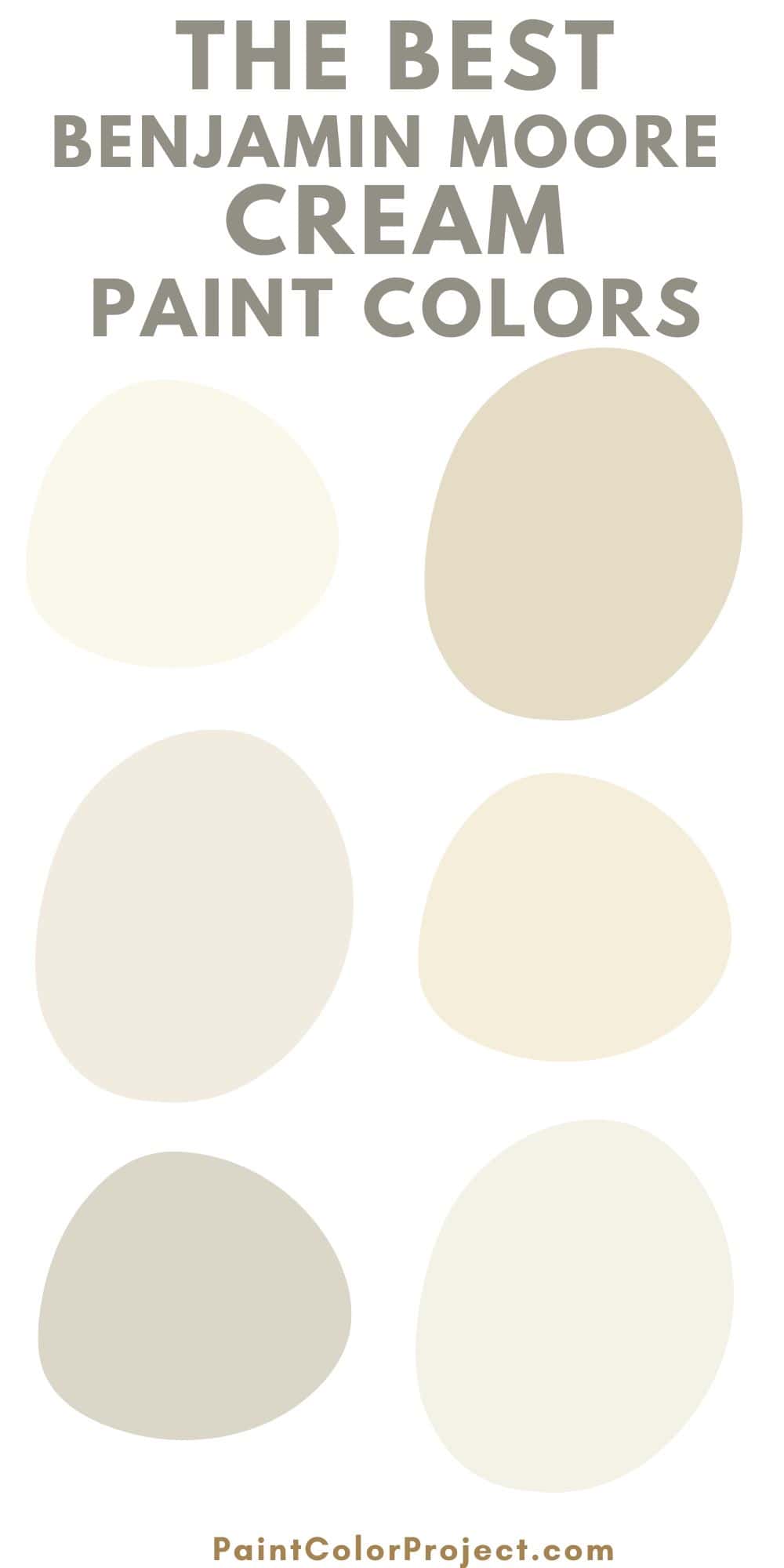Decoding Benjamin Moore's Whites: The Ultimate Guide

White. It's the seemingly simplest color, yet choosing the right white for your walls can be surprisingly complex. Benjamin Moore, renowned for its extensive paint selection, offers a dizzying array of white options, each with its own unique nuances and undertones. This guide explores the fascinating world of Benjamin Moore white paints, helping you navigate the subtle differences and select the perfect shade to transform your space.
From crisp, clean whites that evoke a sense of modernity to warm, inviting whites that create a cozy atmosphere, Benjamin Moore’s white color palette covers a vast spectrum. Understanding the undertones—the hints of color that lie beneath the surface—is crucial for achieving the desired effect. Are you looking for a cool white with blue undertones, a warm white with yellow undertones, or something in between? The answer lies in understanding your lighting, existing decor, and personal preferences.
Benjamin Moore's history with paint dates back to 1883, and their expertise in crafting beautiful, durable paints has solidified their position as a leading brand. Their commitment to quality and innovation is reflected in their vast color library, including their impressive collection of white paint options. Choosing the right white can dramatically impact a room's ambiance. A bright white can make a small space feel larger, while a softer white can create a more intimate setting. The wrong white, however, can clash with your furniture and decor, making the space feel disjointed and uninviting.
One of the main issues with selecting a Benjamin Moore white is the sheer number of options available. From Simply White to Chantilly Lace, White Dove to Decorator's White, the choices can be overwhelming. This is where understanding the undertones becomes essential. Testing paint samples in your space and observing how they react to natural and artificial light is crucial. What looks bright white on the paint chip may appear slightly yellow or blue once it’s on your walls. This can be particularly noticeable in rooms with limited natural light.
Let's delve into some popular Benjamin Moore white options. Simply White, often described as a clean, warm white, is a favorite for its versatility. Chantilly Lace, on the other hand, is a brighter, crisper white with cooler undertones, ideal for modern or minimalist spaces. White Dove, a soft, warm white, is often used for trim and cabinetry. Understanding these distinctions can help you narrow down your choices and choose the best white for your project.
Benefits of Benjamin Moore White Colors:
1. Versatility: Benjamin Moore white paints offer incredible versatility, fitting seamlessly into various design styles from traditional to contemporary.
2. Quality: Benjamin Moore is known for its high-quality paints, offering excellent coverage and durability.
3. Wide Selection: With a vast range of white hues, you're sure to find the perfect match for your space.
Best Practices for Implementing Benjamin Moore White Colors:
1. Test Samples: Always test paint samples in your space before committing to a color.
2. Consider Lighting: Natural and artificial light can dramatically affect how a white appears.
3. Think About Undertones: Pay attention to the subtle undertones in each white.
4. Coordinate with Existing Decor: Choose a white that complements your furniture and decor.
5. Consult with Professionals: If you’re unsure, consult with a color consultant or interior designer.
Real Examples:
1. A modern kitchen with Chantilly Lace on the walls and cabinets.
2. A cozy living room with Simply White on the walls and White Dove on the trim.
3. A bedroom with Cloud White on the walls for a serene atmosphere.
4. A bathroom with Decorator's White for a clean and crisp look.
5. An entryway with Super White for a bright and welcoming feel.
FAQ:
1. What is the most popular Benjamin Moore white? Simply White is often cited as a popular choice.
2. What is the difference between Simply White and Chantilly Lace? Simply White is warmer, while Chantilly Lace is cooler and brighter.
3. What is the best white for trim? White Dove is a popular trim color.
4. How do I choose the right white for my space? Test samples and consider lighting and undertones.
5. What are the undertones of Simply White? Simply White has subtle yellow undertones.
6. What are the undertones of Chantilly Lace? Chantilly Lace has subtle blue undertones.
7. What is the best white for a small room? A bright white like Chantilly Lace can make a small room feel larger.
8. Where can I buy Benjamin Moore paint? Benjamin Moore paint is available at authorized retailers.
Tips and Tricks: Use larger paint samples for more accurate color representation. Paint a large piece of poster board and move it around the room to see how the light affects the color.
Choosing the right white paint is a crucial step in any design project. Benjamin Moore’s diverse collection of whites offers a shade for every style and preference. From the warm embrace of Simply White to the crisp elegance of Chantilly Lace, understanding the nuances of each white empowers you to create the perfect atmosphere in your home. By considering factors like lighting, undertones, and existing decor, and by following best practices such as testing samples, you can confidently select a Benjamin Moore white that transforms your space into a haven of style and comfort. Remember, the "perfect" white is subjective and depends on your individual taste and the specific characteristics of your space. Don't be afraid to experiment and trust your instincts to find the Benjamin Moore white that brings your vision to life. Taking the time to carefully consider your options will ultimately result in a beautiful and harmonious space that you can enjoy for years to come.
Finding your perfect pre owned toyota rav4 in illinois
Elevate your fort lauderdale living experience
Ash blonde hair on black hair a transformative journey













